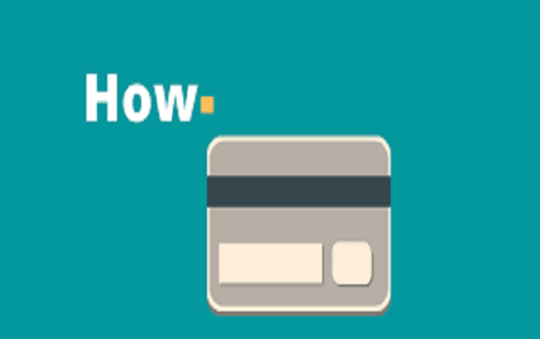Some people avoid credit cards at all costs because they believe that they are detrimental to their financial health. However, when you know how to use them wisely, these little plastics can do a lot of wonders for you. They are now a very important part of the financial landscape, and they are more secure and convenient than cash. See more about credit cards on this page here.
Everyone uses them for shopping, groceries, gas, utilities, hotels, and travel. However, there are a lot of options out there, so you might want to know which types are the best for your lifestyle. Knowing the bonuses and offers will also help you make wiser decisions.
What to Know Before Getting a Card?
-
The Best Rates are Often for Seasoned Cardholders
Newcomers rarely get the best interest rates, and they might not be able to qualify for those balance transfer cards with 0% APR. However, if you’re lucky enough and consider yourself as the cream of the crop with a score of 690 or above, you might get offered the best rates that you can’t find anywhere else.
Start small and work on your repayments to establish your creditworthiness. Read the review of the Citi Premier to know about their welcome offers, the points that you can get from purchases, and the possible annual fees that you’ll have to pay. You can also know several disadvantages of getting them, so take time to read through these in-depth pieces of information first.
Student credit cards are especially designed for college, and they may be in the form of secured cards where your deposit also serves as your limit. Pre-qualifying can also give you a better annual percentage rate than those that are being advertised in the market.
-
Security Deposits are the Best Way to Get Started
Some people are having trouble getting approved, but if it’s available with the bank, you can start with a $200 to $500 deposit to get a higher limit. However, don’t fall behind on the payments and incur a lot of penalties. Take your time and be upgraded to an unsecured type when you’re always in good standing, and never try to default on the account to maintain your score.
-
Build Credit or Get Ruined
Depending on what you do with what you have, some cards may ruin you when you don’t know how to handle your finances in the first place. The repayments are going to get reported to the major bureaus who will calculate your score for you, and over time, maxing out can be bad for your financial health. Make sure to pay the balance in full every time that you spend it and keep everything under 30% so you can be eligible for the other loans.
-
Fees and Rates are Written on the Contract
Issuers from private financing institutions or banks are required to disclose various terms, like the fees and interest rates before you apply. You need to see the annual fees that are getting charged to the consumers on an annual basis, as well as the APR you can find out more at this link: https://www.merriam-webster.com/dictionary/Apr. Foreign transactions and late fees are also charged if you can’t meet the minimum due.
Benefits and Rewards

Fortunately, you can get a range of rewards and benefits that will enhance your well-being in the long run. Handling your finances can mean that you can take advantage of the convenience that most cards provide. You don’t have to look around for an ATM or carry heavy coins with you. With a single swipe, everything will be paid, and you’re set.
For those who love to shop and go out of the country, expect more attractive rewards and perks. Some of them allow you to earn points for every dollar spent, which can be redeemed for travel discounts, cashback rewards, or even gift cards. By strategically using your credit card for everyday expenses like groceries or gas, you can accumulate these points quickly.
Also read: Find Out The Useful Tips on Choosing the Best Credit Cards
Common Misconceptions to Know
One widespread misbelief that many people think about is that having a credit card automatically leads to debt. While it’s true that irresponsible use can result in a lot of loans piling up, the key lies in using your credit card wisely. Always make sure that your income is more than enough for your balance each month, and make timely payments. Staying within your means can build good credit without accumulating unnecessary debts, and you can also practice proper handling of money earlier.
Another myth is that owning multiple credit cards will harm your credit score. In reality, having two to three accounts can benefit your score if managed responsibly. It allows for more available credit and demonstrates that you can handle different types of accounts effectively. Also, remember that carrying a balance only leads to paying unnecessary interest charges. Paying off your full statement balance each month not only saves money but also helps improve your credit utilization ratio.





